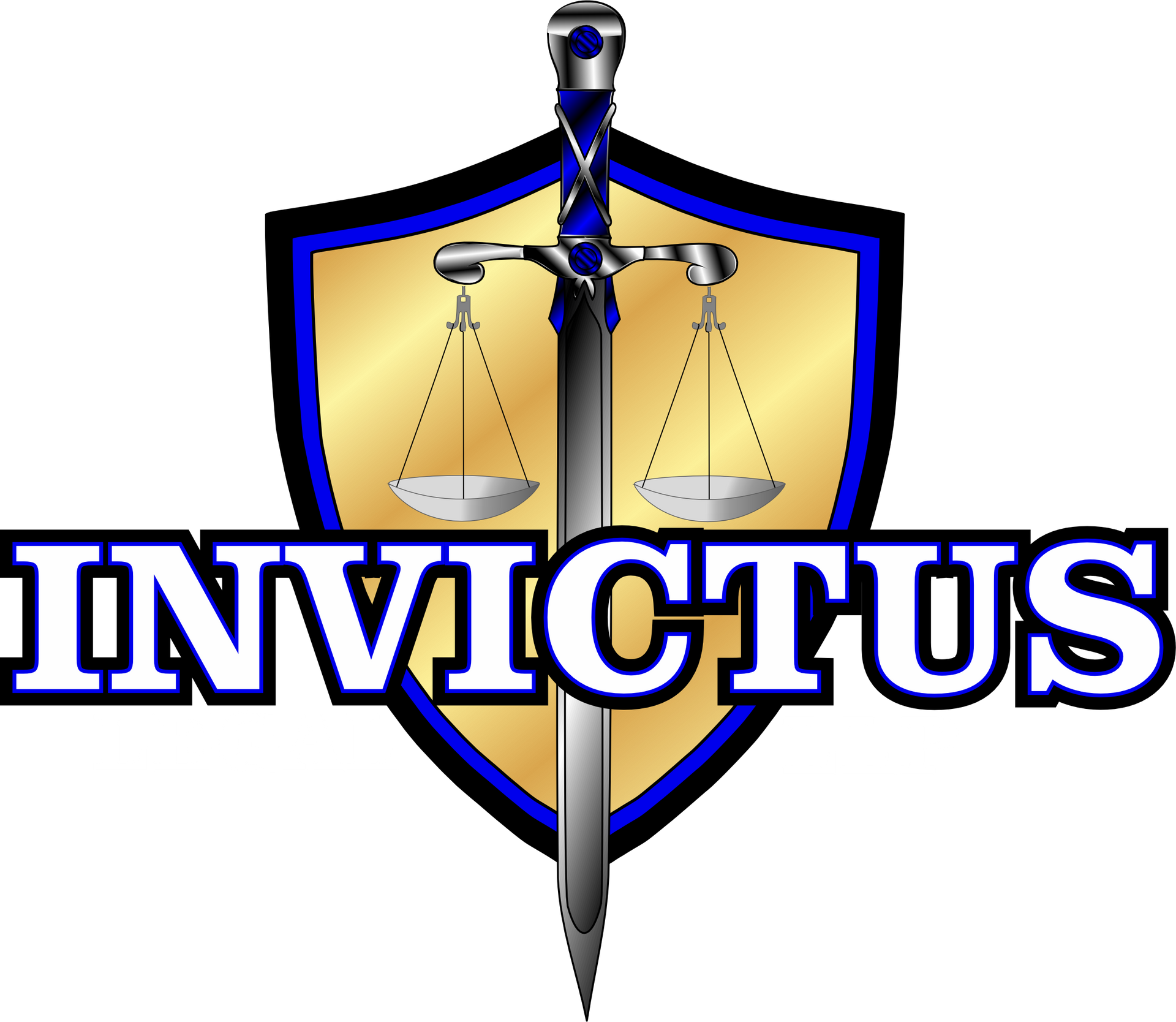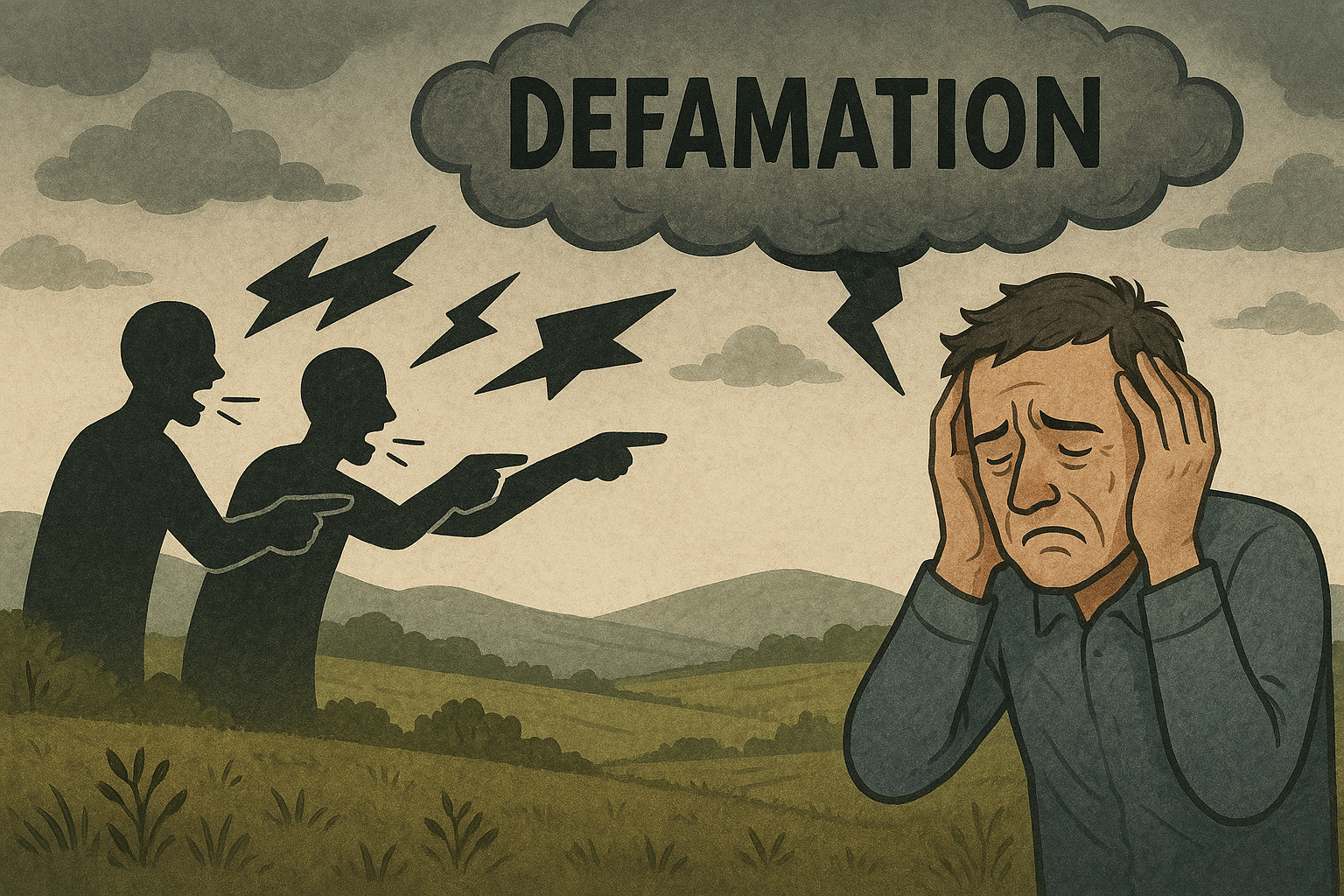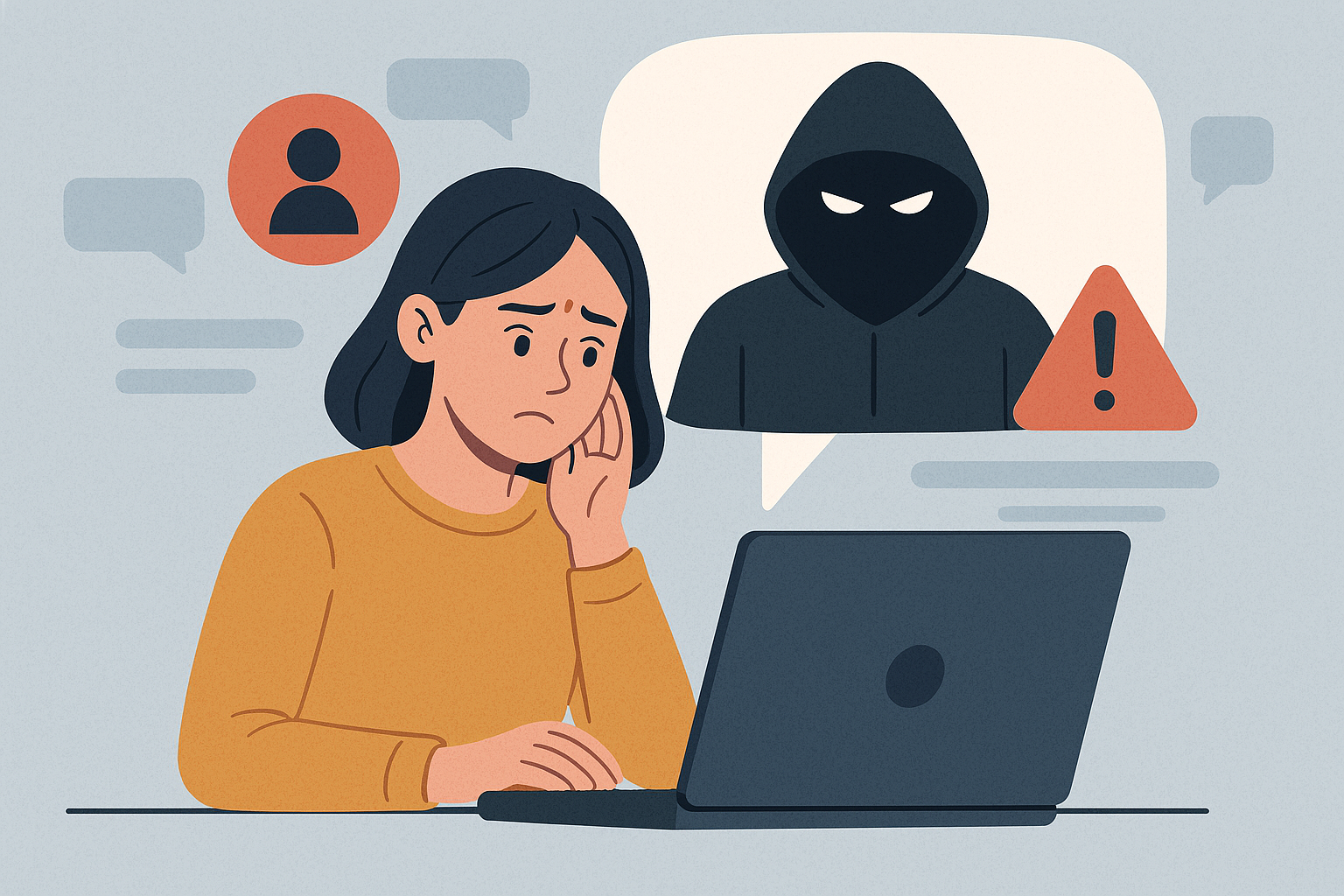Your Driving Privilege in Ontario
Rights Versus Privilege
As a practitioner, I often attend overcrowded Provincial Offences Courts, where individuals are often charged with driving offences. If you can get past the line-ups to the front, you can often speak to Prosecutor to arrange a deal. At the same time, Justices of the Peace explode into a tirade about how driving a motor vehicle is a privilege and not a right. Reviewing the dockets these days is an amazing test of stoicism. Dockets show one person after the other charged with “driving while under suspension”, among other related charges.
If you plead guilty to driving while under suspension, the Ministry of Transportation tacks on a further six months of suspension on your license. Defenses for this charge are limited, as this offence is considered a “strict liability” offence. That means in essence ‘you should known better’. In theory, all of this makes sense, but in reality this whole concept needs a rethink.
Non Driving As A Disability
I met dozens of individuals who have medical conditions that led to an administrative suspension of their licenses. If people think this only happens to older people, they are mistaken. Virtually all of those I worked with were under sixty five, one being a mere twenty-three years old. Once again, the Ministry enforces this idea about driving a vehicle being a “privilege”, they should understand what this means. Many of those seeking our representation for getting disability support are unable to drive. They have a better than average chance of qualifying for the Ontario Disability Support Program (ODSP) because of this. In many parts of Ontario, not being able to drive is a disability in itself. It can make you unemployable.
Awhile back, one adjudicator looked me in the eye and asked me to convince her of this, citing “plenty of transit service” in the area. I readily produced a large package of advertisements copied from newspaper, Internet or other job posting sites, where literally every job demanded candidates have G license and access to a vehicle. I then ask where this appellant is going to work if they cannot get their driver’s license. If one thinks the state should not provide for these people, think again.
Geography Versus Privilege
In Niagara (and many other places), those “privileged” to drive are the only ones that can obtain the benefits arising from it, such as a job, a decent income and sense of belonging. Employers have said that drivers are more reliable, with of course no data to back it up. I am told that people with no license likely lost it through drunk driving or criminal activity. The truth is most license suspensions are not due to drunk driving, but for unpaid fines and medical reasons. Many of my clients were not aware they were suspended because they did not get the letter in the mail. In an average community, including Niagara Region, thirty percent of its residents over the age of sixteen do not drive. In larger communities like the Toronto area, this figure is much higher. Others do not drive because they cannot afford to do so. There are few jobs available to those that cannot or do not drive.
Many candidates are screened out as a certain kind of “riff raff’, a long held belief about workers that do not drive. However, these are discriminatory requirements in place with almost every job, not just jobs where there is a bone fide reason to require a license. As a result, the majority of people with disabilities, students, older persons and low income persons are trapped into this legislated cycle of poverty, perpetuated by this accepted prejudice and legalized discrimination.
Marginalized in Their Communities
It is not just employment where non-drivers are discriminated against, but many are also left out of their communities. In order for a driver to remove their lens of “privilege”, they should leave their car at home for more than a month. While doing so, they should try to carry on their lives without driving. Day to day tasks can suddenly become daunting. The idea of transporting children to school, dropping them off at daycare (which may or may not be close by or at a bus stop), going to work and doing one’s job becomes a struggle. After work, reversing the route and picking up a few groceries for the evening’s meal becomes unthinkable without a vehicle. First, it is not likely that you will get home a reasonable hour, but you will likely be worn out as well. Such workers cannot even dream about going out again to take in a movie or work out at the gym or YMCA. Repeating this Kafkaesque routine everyday soon gets old, whereby one no longer wants to do as much.
Imagine If …
As a non driver, trying to do a grocery run on your way home is out of the question. You do not have the time, bus fare or flexibility in doing so. You will find you have to take up one of your precious weekend days to do this. For those without a vehicle, grocery shopping is a bigger chore than it is for those that drive. You can only go to the grocery store every week or two. Shopping at multiple locations is tricky, particularly without a trunk to store your earlier purchases in. Tough luck if there’s a special in the meat department at one store and a special on produce in the other. You can’t go to both. Drivers simply put the groceries from the first store in their trunk, then go on to the next one and be home in an hour or two.
Research has shown that non-drivers end up spending more money on the same products that drivers do, simply because of this limitation. Once you finish the groceries, you need to get them home. You only have two hands, so taking them on a bus might be impractical, especially if you live a long way from the grocery store. Many phone a cab. Cab companies, while charging an arm and a leg for their service, are not always reliable transportation. People who work shifts, take groceries home, or need transport for medical reasons, often find themselves waiting for quite some time for a cab. CT Scans, dialysis and other non-emergency medical trips are required on a 24-hour basis. It is not unheard of for people to wait at a hospital, a grocery store or elsewhere for two or more hours in some communities to get a ride home.
But It Costs So Much to Drive!
I often hear drivers complain about the cost of gas, insurance, maintenance and parking for their cars. However, it is more likely than not that they have secure, better paying employment that pays them enough to cover expenses. It is difficult for non-drivers to have empathy for drivers over expenses. It costs more on a per kilometer basis for cabs, private drivers, Uber and other private methods of transport. Public transport is sometimes available, but you are trading large amounts of time for the supposed savings. For these reasons, non drivers go to far fewer places than drivers do. In effect, our government, likely through the heavy influence of the auto industry, driving has become a necessity. This is not just for getting around, but for maintaining one’s dignity and belonging to one’s own community. It is difficult to develop an attachment to one’s community if they cannot get around in it. Most “free” community events are held on statutory holidays, where the transit service is limited or non existent. Non drivers don’t have the same ability to access the ‘informal markets’ that drivers do: garage sales, Kijiji or a swap service. Many consider if they are giving an item away for free, the person wanting it should pick it up. Paying for a delivery service can be prohibitive.
The community does not accommodate non drivers because they don’t have to. Non-drivers are a low hanging fruit that can easily be swept away with ignorance and disregard. However, it is more difficult for us to consider the very interests that want to force everybody to buy a car, despite thirty percent of the population not driving and eleven percent in zero car households. I have encountered many members of that eleven percent. Very few are gainfully employed and if so, they are substantially under employed. If they are young enough, they make plans to leave the region to go elsewhere, because they see others older than themselves stuck in their communities.
Privilege Versus Equity
If the Ministry of Transportation wants to maintain its right to decide who can and cannot drive, there needs to be meaningful, effective and reliable alternatives to those that cannot or do not drive. Everybody may not have the “right” to drive, but all should have a right to travel and get around their communities in a reasonable period of time. Employers should not be allowed to require candidates for employment to own a vehicle and drive. An exception would only be if the employer were seeking courier, cab drivers or the like. Employers that find it easy to overlook those that don’t drive should find a way to ensure everybody otherwise qualified for the jobs could work there. It should cost employers to deny access to jobs in this way. If they complain about it being ‘inconvenient’ to have their employee not able to hop in their cars and go wherever, they should pay for this. In other words, they should make it work. Put the onus on the company to ensure all of its staff can do the essential duties of the job. Municipalities should also enforce the human rights code and AODA if cab and private transportation companies want to keep their own licenses.
Graduated Driving As A Barrier
For some who have been non-drivers for a long while, the graduated system in place makes it difficult particularly for older learners. Younger people who still have access to their parents or older siblings have somebody that could accompany them for practice sessions for the G2 road test. Older people, particularly those that live alone, have less access to somebody like this. Exceptions should be made for those that have driven before or who are older than thirty. If the powers that be think that upgrading RELIABLE alternative transportation for communities costs too much, they need to re-think their policies. Costs are currently downloaded on those who are left behind, those determined by the Ministry not to drive, or those that choose not to drive. It costs money not to work, just as it costs a community to have too many people that cannot access jobs.
Technology Versus Marginalization
The issue about having or not having a driver’s licence may soon become moot. Over the past few years, successful test models of self-driving vehicles have been entering the community. Like Uber, Airbnb and Amazon Prime, this technology will disrupt our community’s current prejudices and way of life. Many people whose livelihood depends on being behind the wheel will soon find themselves marginalized. Those who weren’t able to drive will gain access to their communities. Topics of discussion will become more nuanced and varied, as opposed to the usual complaints about the price of gas, the latest head on vehicle crash or the latest model Ford is putting out. There will be no more communities where two-thirds of the businesses within either make cars, fix cars, paint cars, sell cars, lease cars or use cars to drive people or things around. We will all be forced to pursue other interests. Even some members of my profession that focus on Highway Traffic offences will have to re-think their vision of legal advocacy.










